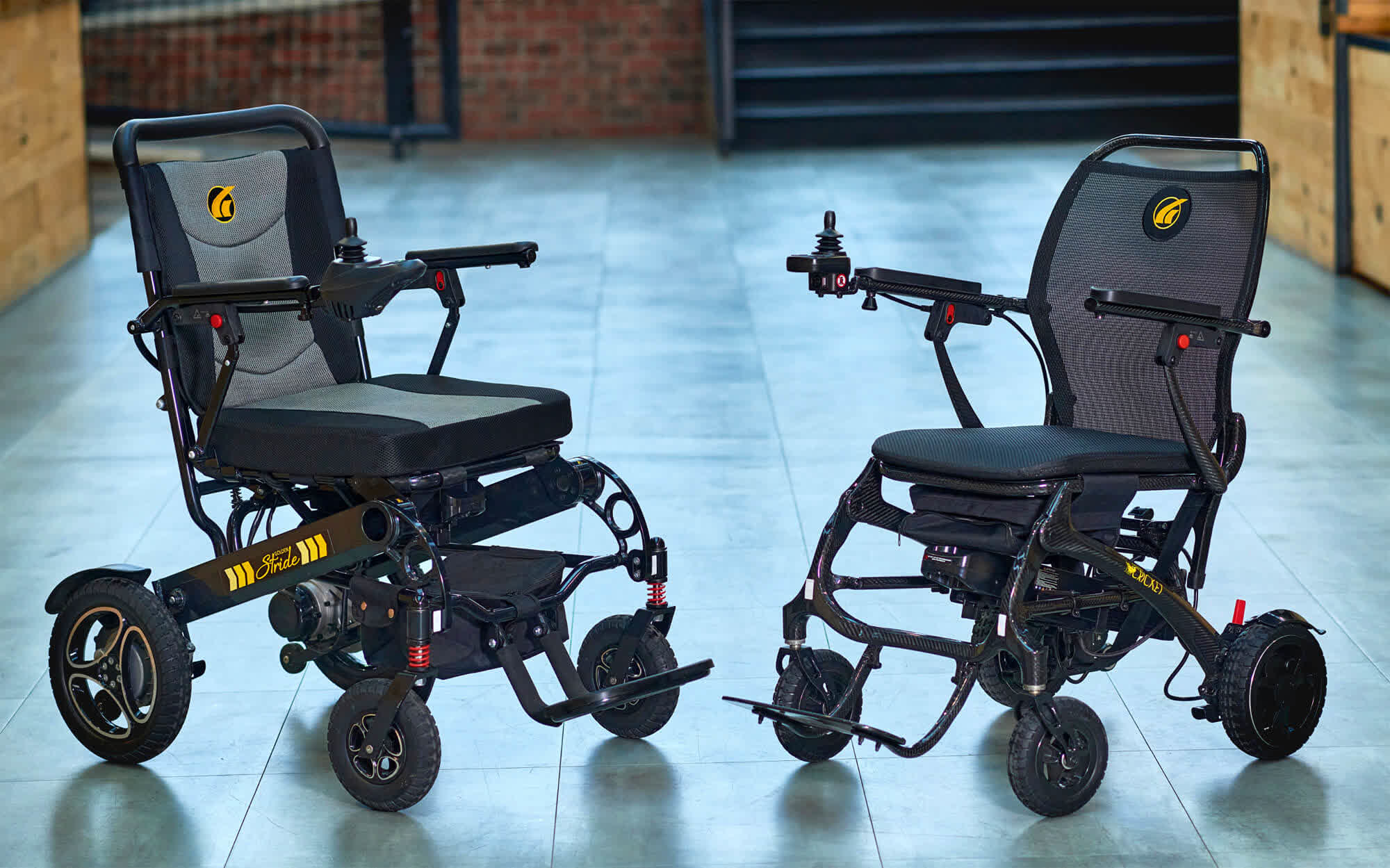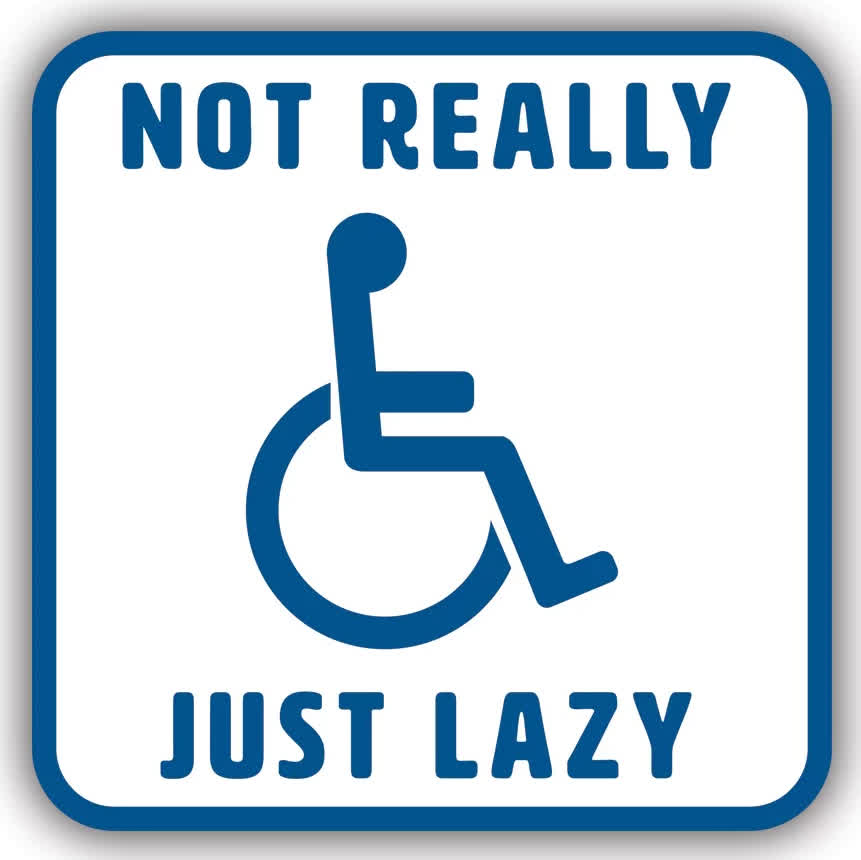Facepalm: Young people in the southern Chinese city of Guangzhou have found a clever loophole to get around local e-bike regulations. In lieu of two-wheeled transportation, some commuters are now driving power wheelchairs to work.

According to a report from The Straits Times, recent e-bike regulations have restricted their operating speeds and require users to dismount and push their bike across striped road crossings. Electric wheelchairs are not subject to such regulations, nor are they governed by conventional vehicle / traffic laws. This means you won't get stuck in traffic in a wheelchair, nor will you have to pay for registration.
One wheelchair driver described the workaround as "flexible" and touted being able to drive directly to their destination without having to find a parking spot. Indeed, one could drive right up to their desk and even discard their office chair. Others have expressed concern regarding safety on sidewalks from inexperienced drivers.
One Weibo user conceded that it looks convenient, and that "young people do know how to play." Lawyers in the region said it wasn't illegal but highlighted moral issues attached to the use of power wheelchairs by healthy young people.

The publication noted a 60 percent increase in the sale of electric wheelchairs in the region in the first half of 2023. The most popular models cost around $420, the paper added.
Most e-bikes have higher top speeds than power wheelchairs, but being able to travel through restricted areas and not having to hop off to cross the street could even the playing field. A chair would also be more comfortable than a bike, so there's that.
Related reading: PC company Acer just unveiled an AI-packed, 35-pound e-bike
Electric scooters have faced similar backlash in the US and abroad. Several cities have implemented regulations on scooter rentals in an effort to cater to pedestrians' concerns. Scooter maker Bird even tested models that sounded alarms and would automatically stop if a user rode on sidewalks. Residents in Paris earlier this year voted to ban e-scooter rentals outright.
https://www.techspot.com/news/99403-not-handicapped-lazy-young-adults-china-commute-power.html